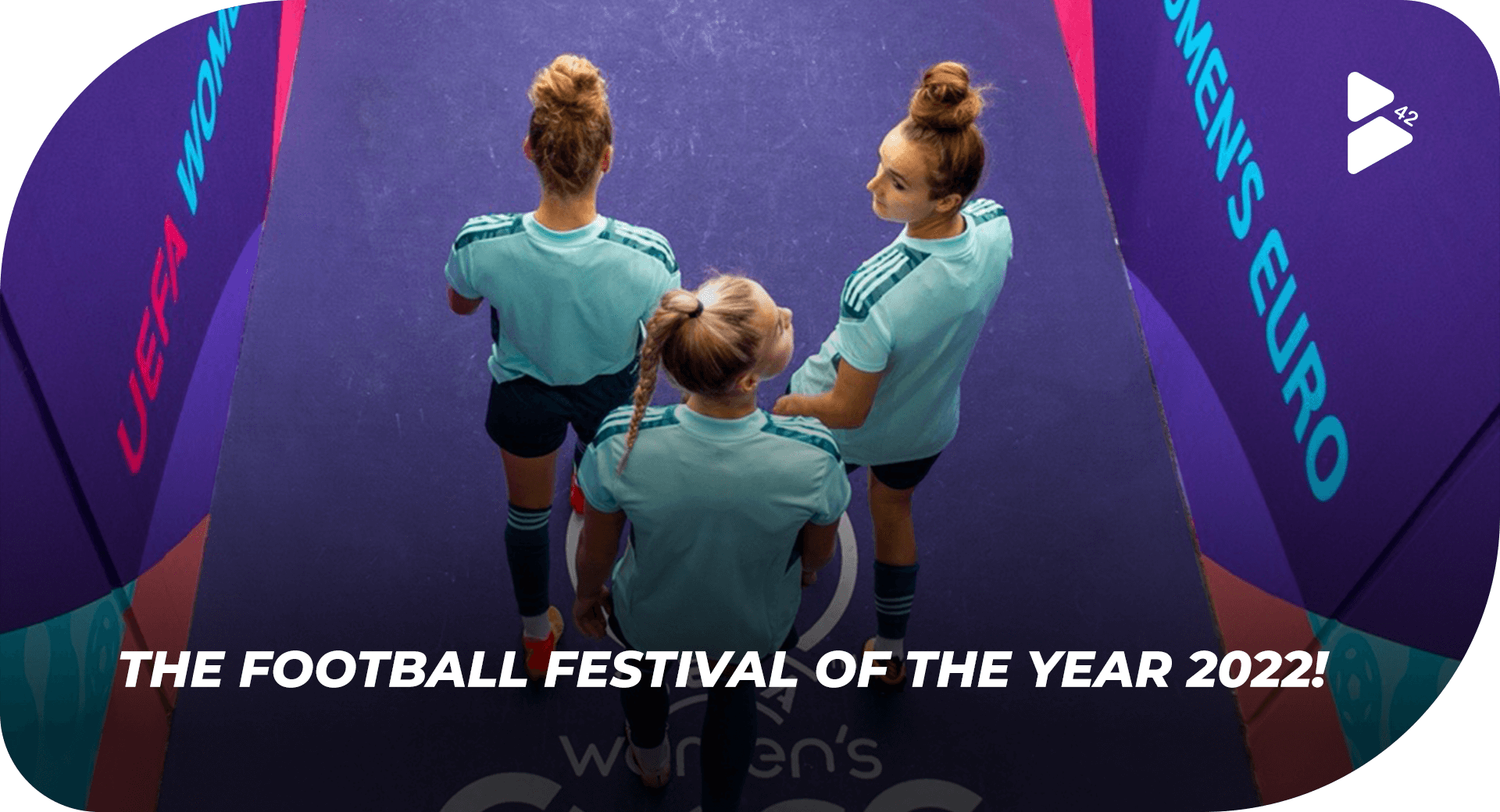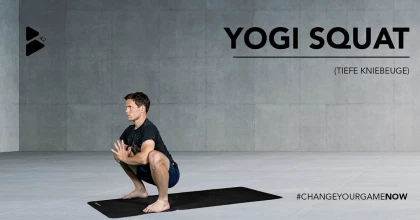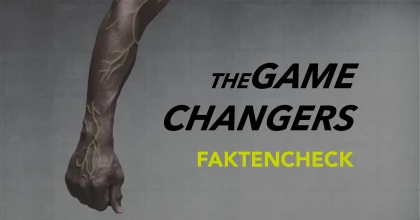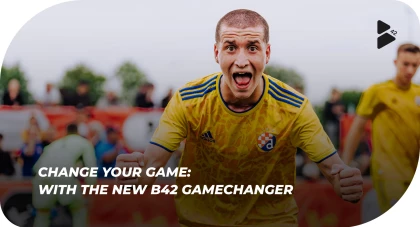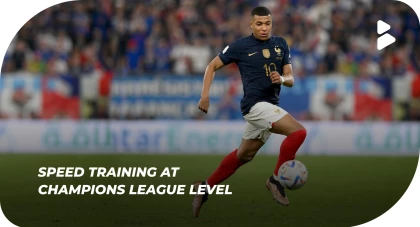Brentford, west London, 17:00 local time. It's a hot summer day by London standards, the temperature is around 30°.
I'm sitting with friends on the banks of the Thames in front of one of the many pubs, a few minutes' walk from the Community Stadium in Brentford, enjoying a cool beer.
The sun's rays reflect in the cool water, and the anticipation of the rest of the evening increases by minute to minute.
The most important soccer tournament of the year!?
What are we looking forward to? The opening match of the European Championship for the German national team against Denmark! And we are not alone. 15,000 soccer fans join us on a slow pilgrimage from pub to pub in the direction of the stadium, including several thousand from Germany and Denmark, who traveled especially for the European Championship.
The atmosphere is relaxed and friendly. It is moments like these that we look forward to every summer, the time of the World Cups and European Championships in soccer.
Well, almost always anyway. Every now and then, a few corrupt sports officials get the idea that such a tournament would also look good in Qatar. In winter. The cozy beer on the riverbank then becomes a utopia. At least on site. Alcohol will only be available in a few selected places, and at horrendous prices.
And our group? Wouldn't be legal officially. One of my friends is lesbian, the other bisexual. Both involved in the community. Homosexuality is still forbidden in Qatar. Accordingly, homosexual visitors have already been asked by the Emir to "respect the culture of the country."
So the European Championship in England stands for everything we love about soccer – international exchange, celebrating together, diversity, tolerance – and much of what will be banned or at least limited at the World Cup in a few months.


